Introduction to Differential Shafts
Differential shafts are integral components in the realm of precision mechanics, catering to a variety of applications where torque and rotational speed need to be managed with accuracy. These shafts are pivotal in ensuring that power is distributed effectively to different parts of a machine, most notably in automotive differentials.
Types and Materials of Differential Shafts
The selection of a differential shaft is critical, with options ranging from robust steel to lightweight graphite and innovative multi-material designs. Steel shafts are known for their longevity and precision, providing enhanced control and accuracy. Graphite shafts, on the other hand, are significantly lighter, making them an excellent choice for users requiring less weight without compromising on performance. Multi-material shafts blend the benefits of both steel and graphite, offering a balanced experience. Additionally, specialized models like the 38342 p9000 cater to specific mechanical requirements.
Applications and Flexibility
The application of differential shafts spans across various industries, with a notable presence in automotive engineering. The flex of a shaft is a crucial attribute, influencing the trajectory and distance of its output. Fast swingers would benefit from a shaft with reduced flex, such as the 68400383aa, while those with a gentler swing might prefer one with increased flexibility. For novices, a more flexible shaft is often recommended to accommodate a developing technique.
Performance Features
Performance is also dictated by the torque of a differential shaft. Measured in degrees, torque varies with the material and build of the shaft. Graphite shafts typically exhibit a torque between seven to eight degrees, whereas steel shafts have a lower range of two to four degrees. The eaton eat913a589 dana 44 30 spline 3.73 down rear truetrac is an example of a differential shaft with specific torque characteristics designed for precise applications.
Advantages of Differential Shafts
The advantages of using a well-selected differential shaft are manifold. They ensure a smoother operation of machinery, reduce wear and tear on components, and can significantly improve the performance of a vehicle or mechanical system. The feel of a shaft during use is also affected by its torque rating, with higher torque providing a softer feel, as seen in models like the 84000763.
Choosing the Right Differential Shaft
Selecting the appropriate differential shaft requires an understanding of the specific needs of the equipment or vehicle. Factors such as the type of golfer, in the case of sports equipment, or the mechanical demands of a vehicle, are essential considerations. The range of flexes and torques available allows for a tailored approach to enhancing performance and achieving the desired outcome in various applications.

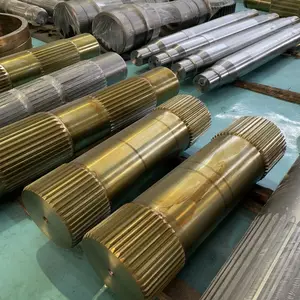





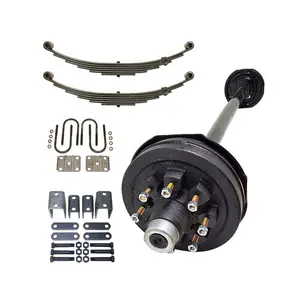

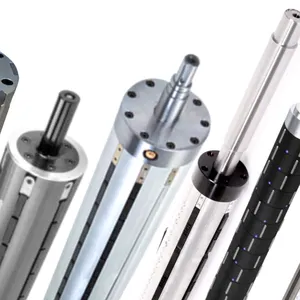











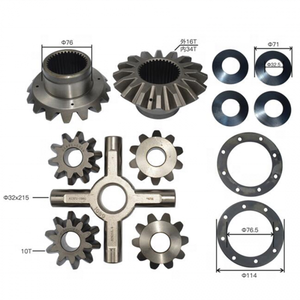

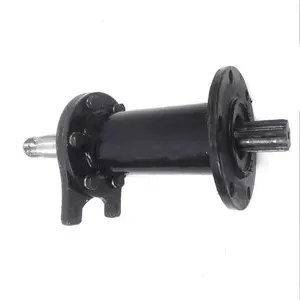


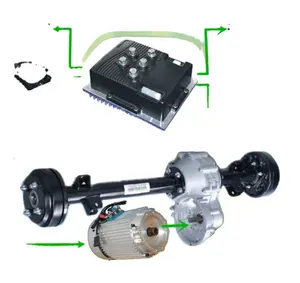



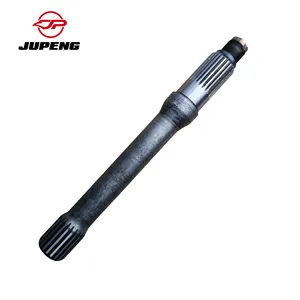
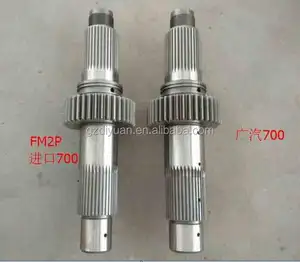




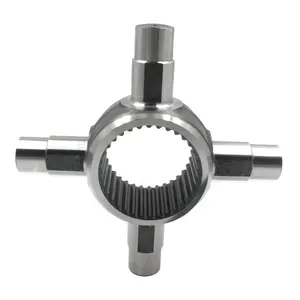
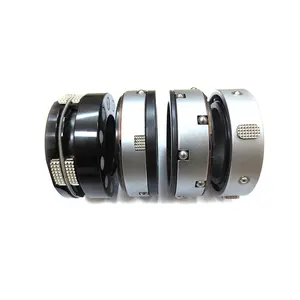

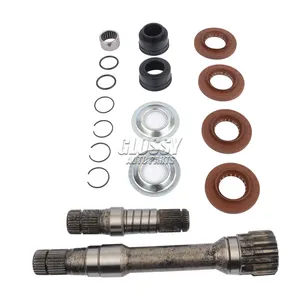










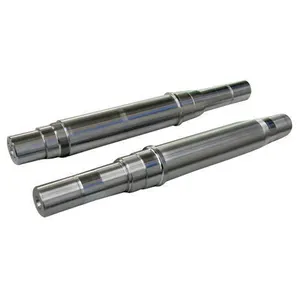

























 浙公网安备 33010002000092号
浙公网安备 33010002000092号 浙B2-20120091-4
浙B2-20120091-4